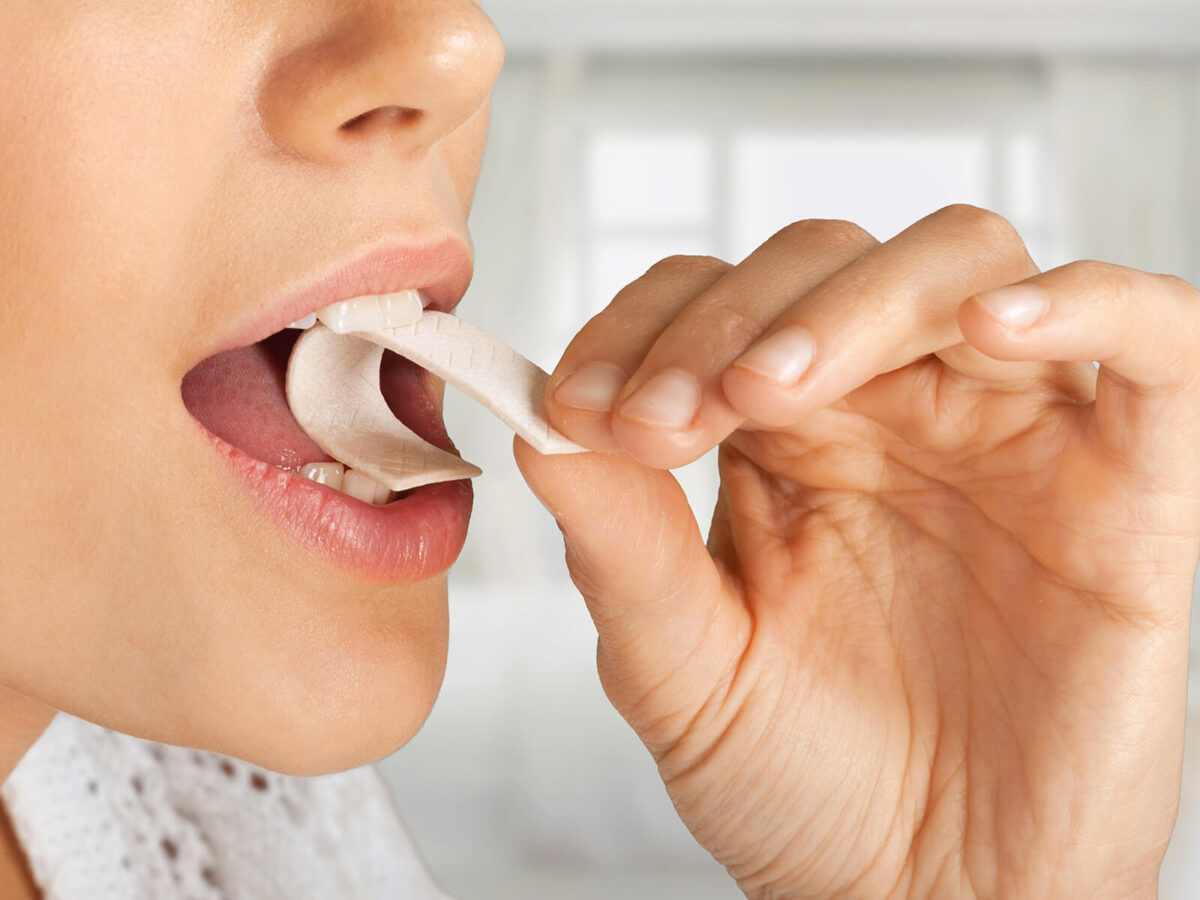Blog
Dental hygiene tips for healthy teeth & gums

Chewing Gum: Friend or Foe To Your Oral Health?
For many, chewing gum is a prevalent act that freshens the breath quickly and can keep the mouth engaged. But how does it affect your oral health? We the Jasper Dentist TX are about to find out if this habit is your friend or foe.
The Positive Side of Chewing Gum
Refreshes Breath and Stimulates Saliva
- One of the biggest advantages of chewing gum is its ability to make your breath smell better quickly. Have you ever taken gum after eating something? It’s a quick fix for a lot of us.
- Increases Saliva Flow: By helping saliva be produced, which helps maintain good oral health, chewing gum performs this task.
- Reduces Dry Mouth: In case one has dry mouth conditions, chewing gum can provide temporary relief by increasing saliva production, thus keeping the mouth moist and comfortable.
Sugar-Free Options
- There are those gums that are specifically sugar-free because not all gums are alike.
- Reduces Plaque: An accumulation of plaque on teeth causes tooth decay and gum disease can also be minimized by chewed sugar-free gums.
- Contains Xylitol: Several sugar-free gums have xylitol, a natural sweetener that has been found to reduce oral bacteria causing dental cavities.
The Negative Side of Chewing Gum
Sugar and Cavities
- Gums with no sugar may work well, but not any other type made up with sugar.
- Promotes Tooth Decay: One major cause of tooth decay is sugar. When you chew sugary gum, you coat your teeth with it exposing them to bacteria that feed off sugar thus damaging them.
- Enamel Erosion: With time, these acids eat away at tooth enamel leading to cavities and other dental problems as well as weaken the teeth’ structure making them appear translucent or yellowish-brown in color or worse still break into pieces.
Jaw Problems
- Have you been chewing gum for a while, and then your jaw starts to hurt? It’s normal and might indicate a more serious ailment.
- Temporomandibular Joint (TMJ) Disorders: Overloading the jaw muscles and joints with excessive gum chewing can lead to TMJ disorders, trigger them, or worsen their conditions.
- Muscle Fatigue: If you tend to chew gum for long periods then your jaw muscles will eventually get tired causing you pain and discomfort.
How to Find the Right Gum
Chewing gum is important for those who like it, and it’s important to choose the best one so as not to cause any damage to your teeth. Here are some tips:
- Go for Sugar-Free Gum: To keep your teeth away from cavities, always go for sugarless alternatives.
- Seek Out Xylitol: Gums with xylitol have been shown to decrease dangerous bacteria in the mouth.
- Don’t Overdo It: If you don’t want problems with your jaw or TMJ syndrome, do not chew gum excessively.
The Role of Chewing Gum in Oral Hygiene
Can chewing gum replace brushing and flossing? Maybe not.
- Supplement, but do not substitute: Chewing gum may be a helpful addition to oral hygiene but never should replace toothbrush and flossing.
- Emergency Clean-Up: In situations where brushing isn’t possible, sugar-free gum can provide a temporary clean-up by removing food particles from teeth surfaces and arousing salivary glands flow.
Common Myths About Chewing Gum
There are many myths about chewing gum and oral health. Let’s debunk some of them here.
- Myth 1: All Chewing Gum is Bad for Teeth. No. Sugar-free gums can even help improve dental health.
- Myth 2: Chewing Gum Can Replace Brushing. Of course, it can be an option alongside regular tooth brushing and flossing but cannot stand on its own as a means of keeping our mouths clean all day long.
How to Incorporate Chewing Gum Safely
It is safe to include chewing gum into your daily routine if you follow a few simple steps.
- Chew After Meals: Make sure you chew a piece of gums after every meal so that it can remove food leftovers from your mouth cavity, preventing bad breath formation as well;
- Limit Chewing Time: Try not to bite your gums too much in order not to pass the limits of your jaw’s tiredness and TMJ problems.
- Regular Dental Check-Ups: Keep visiting your Jasper Dentist TX and Jasper Family Dentist for regular monitoring of your dental health and individual recommendations.
Conclusion: Dental Services and Solutions
Although chewing gum has its advantages and disadvantages, there is more to maintaining good oral health than just choosing the right gum. You need to have regular dental check-ups, proper brushing and flossing as well as a good diet.
If you are concerned about your gum-chewing habits or need personalized dental advice, our team at Jasper Family Dentist is here to help. We offer comprehensive dental services that will keep your smile healthy and bright for years. From simple teeth cleaning procedures to complex treatment methods or even tips on how you can maintain oral hygiene regularly, you will always find assistance from our reliable Jasper Dentist TX. Plan an appointment now with the nearest one so that together, we can take a further step towards attaining excellent mouth hygiene.


